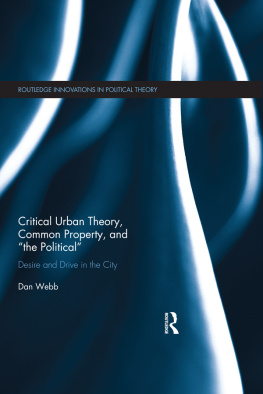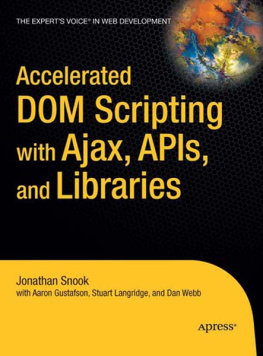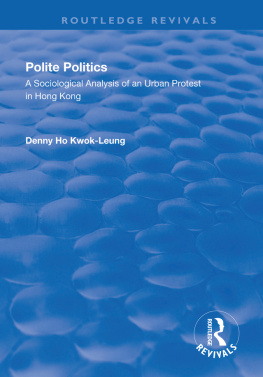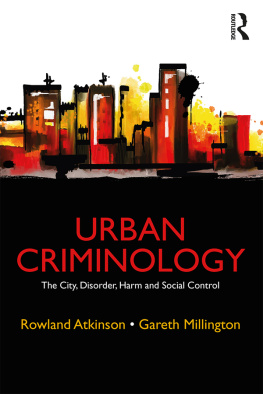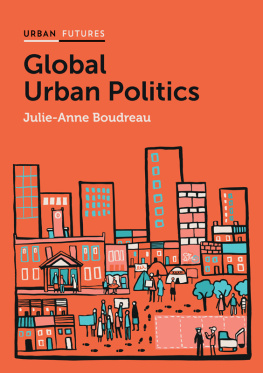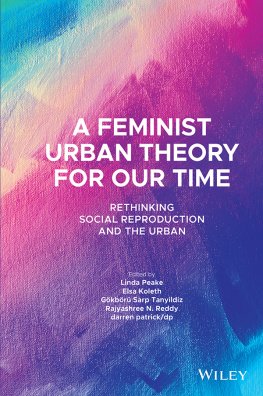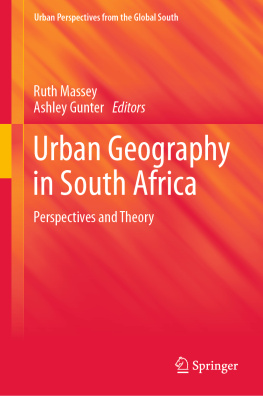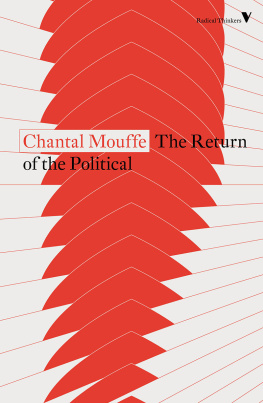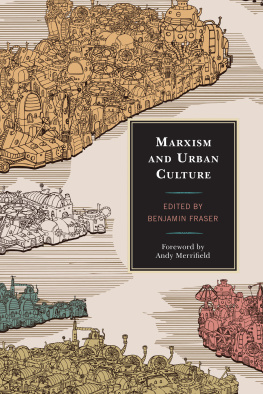In this extraordinary book, Lacanian Psychoanalysis meets political theory in the streets of the city. The necessity of a radical political theory of the urban is explored with exquisite clarity and unwavering commitment to progressive change. If there is any hope for a different and politicized urbanity, it begins to shimmer between the covers of Dan Webbs book.
Erik Swyngedouw, Professor of Geography, The University of Manchester
Inner city gentrification is a violent form of exclusionary dispossession, visited upon the vunerable and precarious. Webbs wonderful book urges progressive urban scholars to respond in kind.
Nick Blomley, Professor of Geography, Simon Fraser University
Critical Urban Theory, Common Property, and the Political
Dan Webb explores an undervalued topic in the formal discipline of political theory (and political science, more broadly): the urban as a level of political analysis and political struggles in urban space. Because the city and urban space is so prominent in other critical disciplines, most notably, geography and sociology, a driving question of the book is: what kind of distinct contribution can political theory make to the already existing critical urban literature? The answer is to be found in what Webb calls the properly political approach to understanding political conflict as developed in the work of thinkers like Chantal Mouffe, Jodi Dean, and Slavoj iek. This properly political analysis is contrasted with and a curative to the predominant ethical or post- political understanding of the urban found in so much of the geographical and sociological critical urban theory literature. In order to illustrate this primary theoretical argument of the book, Webb suggests that common property is the most useful category for conceiving the city as a site of the properly political. When the city and urban space are framed within this theoretical framework, critical urban-ists are provided a powerful tool for understanding urban political struggles, in particular, anti-gentrification movements in the inner city.
Dr. Dan Webb has a PhD in Political Science from the University of Alberta and is an occasional member of the avant-garde academic circle known as the Edmonton School. He is an independent scholar, author, and aspiring documentary film- maker based in Port Alberni, BC. When hes not reading iconoclastic leftist political theory, hes most likely surfing off the west coast of Vancouver Island or watching Lars von Trier movies with his wife, Lisa.
Routledge Innovations in Political Theory
58 Hegel and the Metaphysical Frontiers of Political Theory
Eric Lee Goodfield
59 Time, Memory, and the Politics of Contingency
Smita A. Rahman
60 Michael A. Weinstein
Action, Contemplation, Vitalism
Edited by Robert L. Oprisko and Diane Rubenstein
61 Deep Cosmopolis
Rethinking World Politics and Globalisation
Edited by Adam K. Webb
62 Political Philosophy, Empathy and Political Justice
Matt Edge
63 The Politics of Economic Life
Martin Beckstein
64 The Temporality of Political Obligation
Justin C. Mueller
65 Epistemic Liberalism
A Defence
Adam James Tebble
66 Hegel, Marx, and 21st Century Social Movements
Democracy, Dialectics, and Difference
Brian Lovato
67 Ideologies of Experience
Trauma, Failure, and the Abandonment of the Self
Matthew H. Bowker
68 Post- Politics in Context
Ali Rza Takale
69 Claus Offe and the Critical Theory of the Capitalist State
Jens Borchert and Stephan Lessenich
70 Equality Renewed
Christine Sypnowich
71 Rethinking Utopia: Place, Power, Affect
David M. Bell
72 Hugo Grotius and the Modern Theology of Freedom
Jeremy Seth Geddert
73 Critical Urban Theory, Common Property, and the Political
Desire and Drive in the City
Dan Webb

